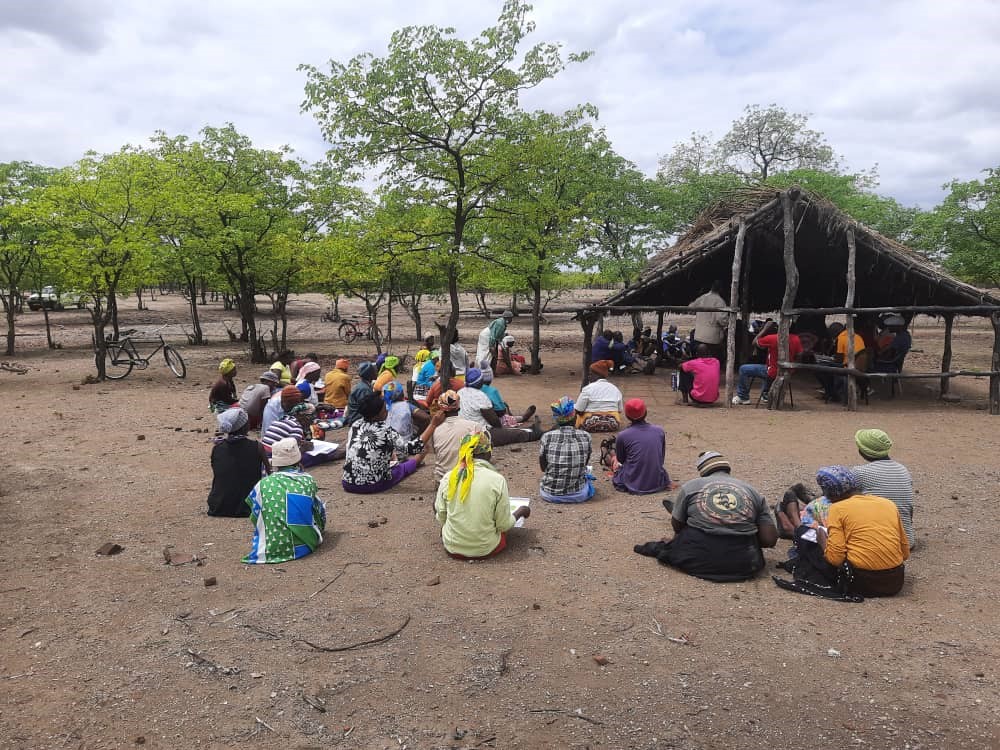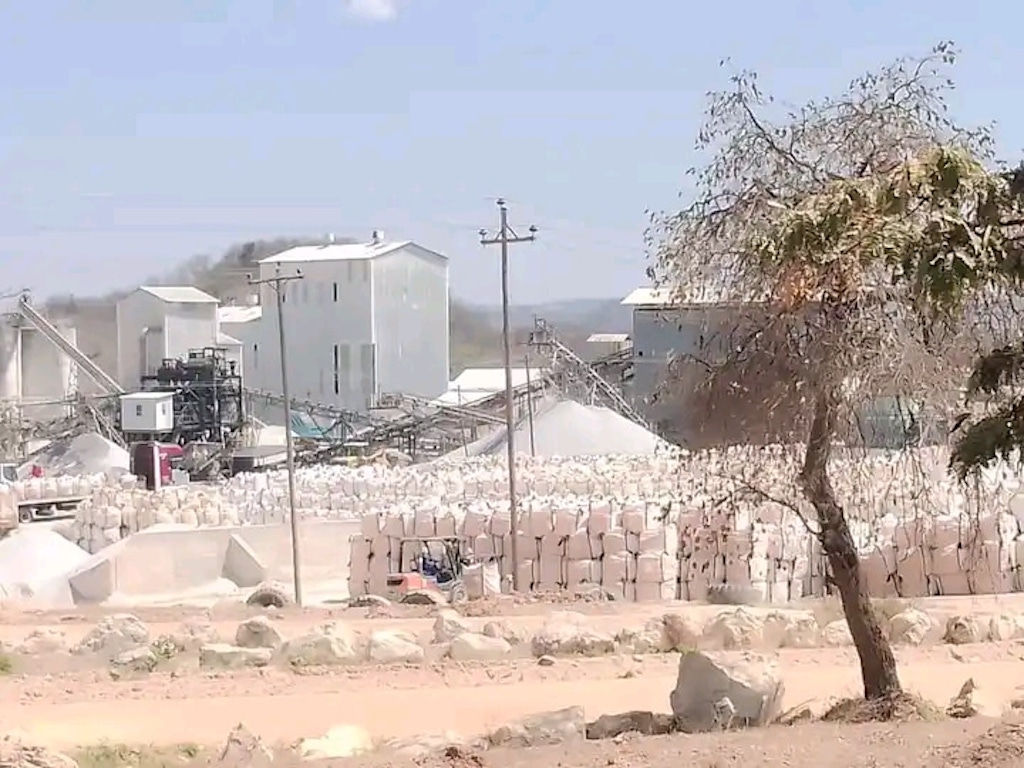Mukateko Masiya and Champion Mudavanhu
Although government has indicated that the over 1 000 families initially set for eviction from Chilonga to pave the way for Dendairy’s lucerne project will now be ‘reorganised’ into a new farming scheme rather than relocated, the local community has remained largely apprehensive.
Dendairy, which is based in Kwekwe, is a big producer of milk, juices, yoghurts and related products. The company intends to move to Chilonga and establish vast lucerne farms to feed its cattle.
“The proposed farm development plan shows that instead of relocation, there will be reorganisation,” the Minister of Lands, Agriculture, Fisheries, Water, and Rural Development, Dr. Anxious Masuka announced in a recent parliamentary session. He added that the community’s homesteads would remain will be incorporated into the project, with irrigation expanded to benefit affected villagers.
Despite these reassurances, deep seated mistrust lingers among the Chilonga community, whose collective memory is filled with past government-led forced relocations. Many view this latest development as a repeat of previous forced relocations under the guise of economic development.
Historical wounds: a legacy of displacement
Chilonga’s mistrust runs deep, forged over decades of forced relocations. In the 1920s, the Tsonga people were removed from their ancestral land to make way for Gonarezhou National Park. Other forced evictions were carried out post World War II as the then colonial government worked to establish vast sugarcane estates in Hippo Valley and Triangle. These displacements, which pushed the community into the arid lands of Chiredzi district, remain a painful part of the local consciousness.
Over the years, however, the people of Chilonga have learned to tame the harsh weather and landscape. They now boast green islands of flourishing home gardens, carefully nurtured with traditional farming methods passed down through generations. These gardens are not only a source of pride but also of sustenance, allowing the community to become more self-reliant despite their difficult circumstances.
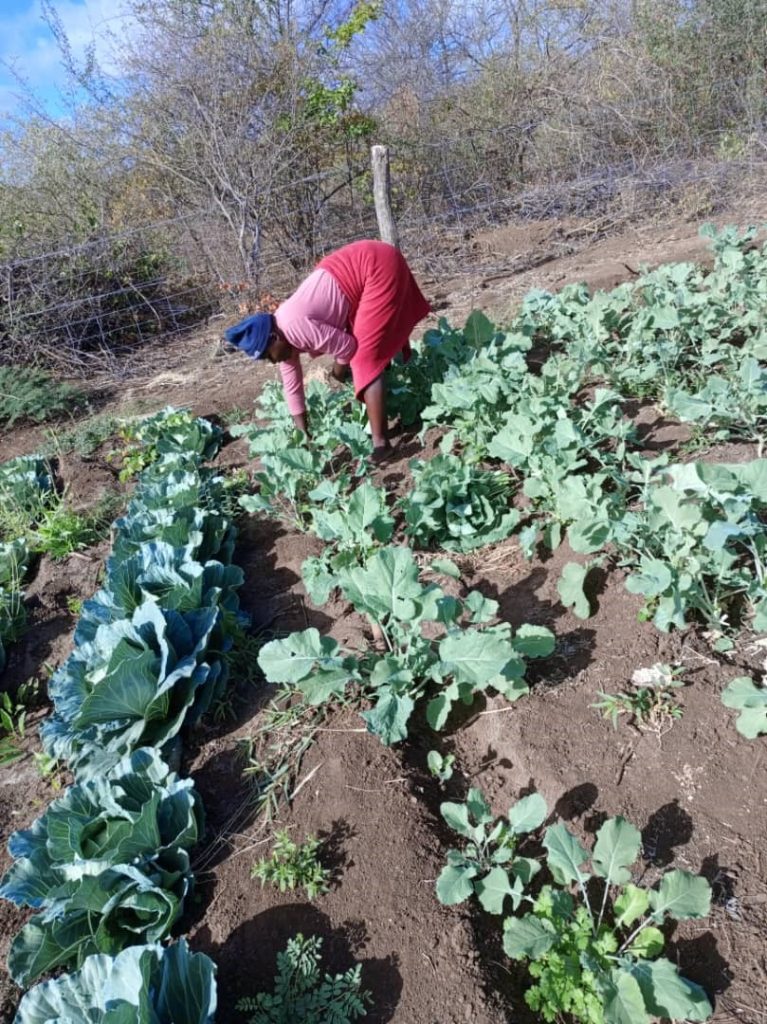
The lucerne project is perceived by many to be a threat to these hard-won gains. “We have been uprooted before, and now they want to do it again,” said Ward 6 Councillor, Chiredzi South Constituency, Hapious Chikutu. “They say this project will bring development, but how are we supposed to trust them after all we have endured?”
Livison Chikutu, the de facto leader of the local resistance, has been at the forefront of rallying the community against what he sees as an inevitable displacement. “We have heard these promises before, and they always end the same way—with us losing our land,” he said. “The government is telling us that only a few families will be moved, but we know what happens next. This is just the beginning.”
Development or displacement?
Echoing the Minister Masuka’s sentiments, Chiredzi District Development Coordinator (DDC) Lovemore Chisema, insists that the community will be active stakeholders in the project. “The President has made it clear that no one and no place will be left behind,” Chisema reassured. “The people of Chilonga are an important stakeholders in this development.”
However, the promises of job creation, infrastructure improvements, and economic upliftment have done little to ease fears.
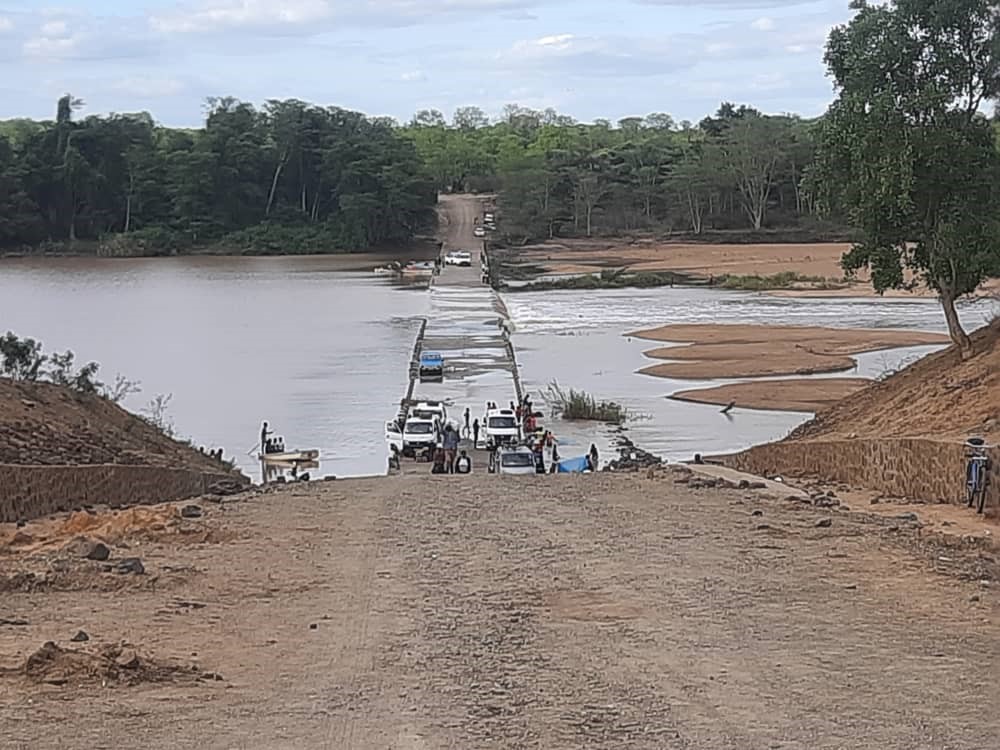
Such promises fall flat in a community that has seen little action from the past government promises. In an interview, the chief’s representative, Jabulani Jatere captured the community’s cautious stance: “The fear of displacement is real. Even if they say only a few homesteads will be moved, we know how these things start and how they end.”
The Communal Land Act
The community’s vulnerability is exacerbated by the legal framework governing communal land in Zimbabwe. The government’s power to reallocate such land for development projects is enshrined in the Communal Land Act [https://www.law.co.zw/download/communal-land-act-chapter-2004/] [https://www.law.co.zw/download/communal-land-act-chapter-2004/], [https://www.zimrights.org.zw/communal-land-fact-sheet/], which gives them wide authority over land use.
Chikutu and his resistance movement argue that the government is trampling on the community’s constitutional rights. “The law may be on their side, but we have history and justice on ours,” Chikutu said. Together with legal experts and NGOs, he is preparing for a court battle to challenge the project.
For Chikutu and the people of Chilonga, this fight is about more than resisting relocation—it is about safeguarding their heritage and ensuring their survival in the face of government projects that have consistently failed to deliver on their promises. As the battle moves from the fields to the courts, the future of Chilonga remains uncertain, but the community’s determination to stay rooted in their ancestral land is unwavering.
A community under siege
For the people of Chilonga, this struggle is about more than land—it is about preserving their identity, culture, and way of life. The fear of displacement means severing ties with their ancestral roots, losing grazing land for cattle, and being pushed further into poverty.
“They want us to leave again. They plan to move us to a place that has no water and no grazing land. How are we supposed to survive?” said Margaret Mutamiri, an elder from the community.
This distrust is echoed by the younger generation initially had been hopeful about the lucerne project, but has grown increasingly sceptical as the debate rages.
“We thought the project would bring jobs and development, but now it feels like they just want us out of the way,” said Innocent Mboma, a local youth leader.
A struggle for survival and heritage
While the government insists that the lucerne project will bring prosperity without displacement, the Chilonga community remains unconvinced. Past experiences of forced evictions and broken promises have left deep scars, and the fear of losing their land is very real.
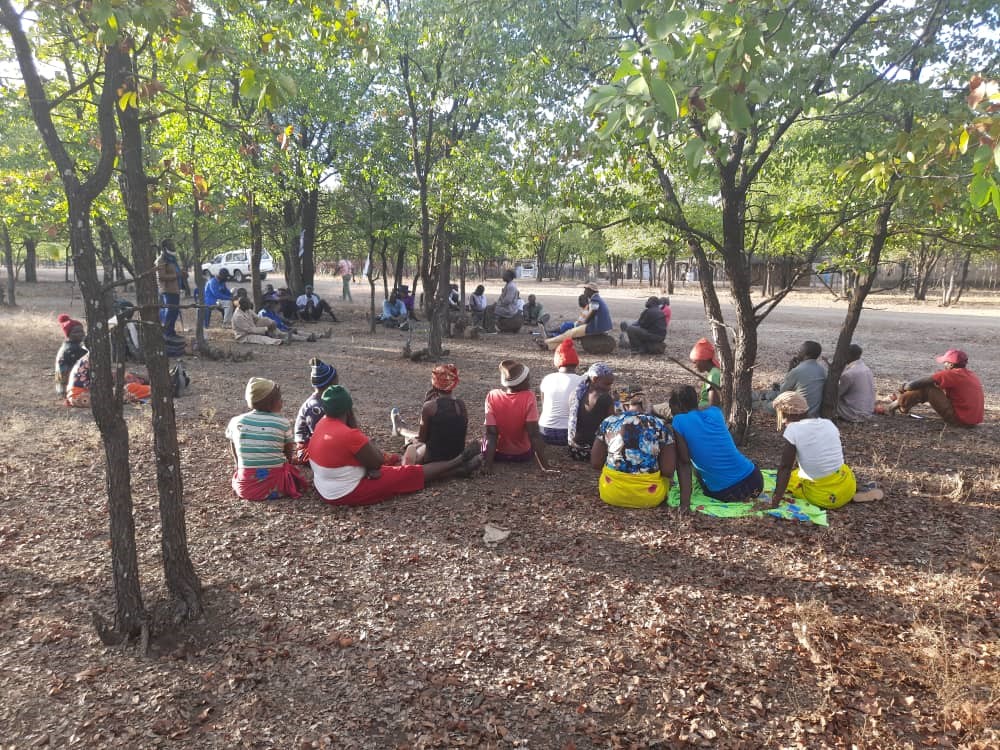
This story was produced with support from Earth Journalism Network

